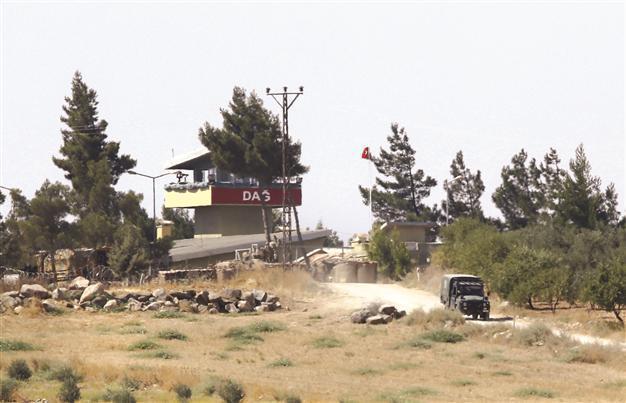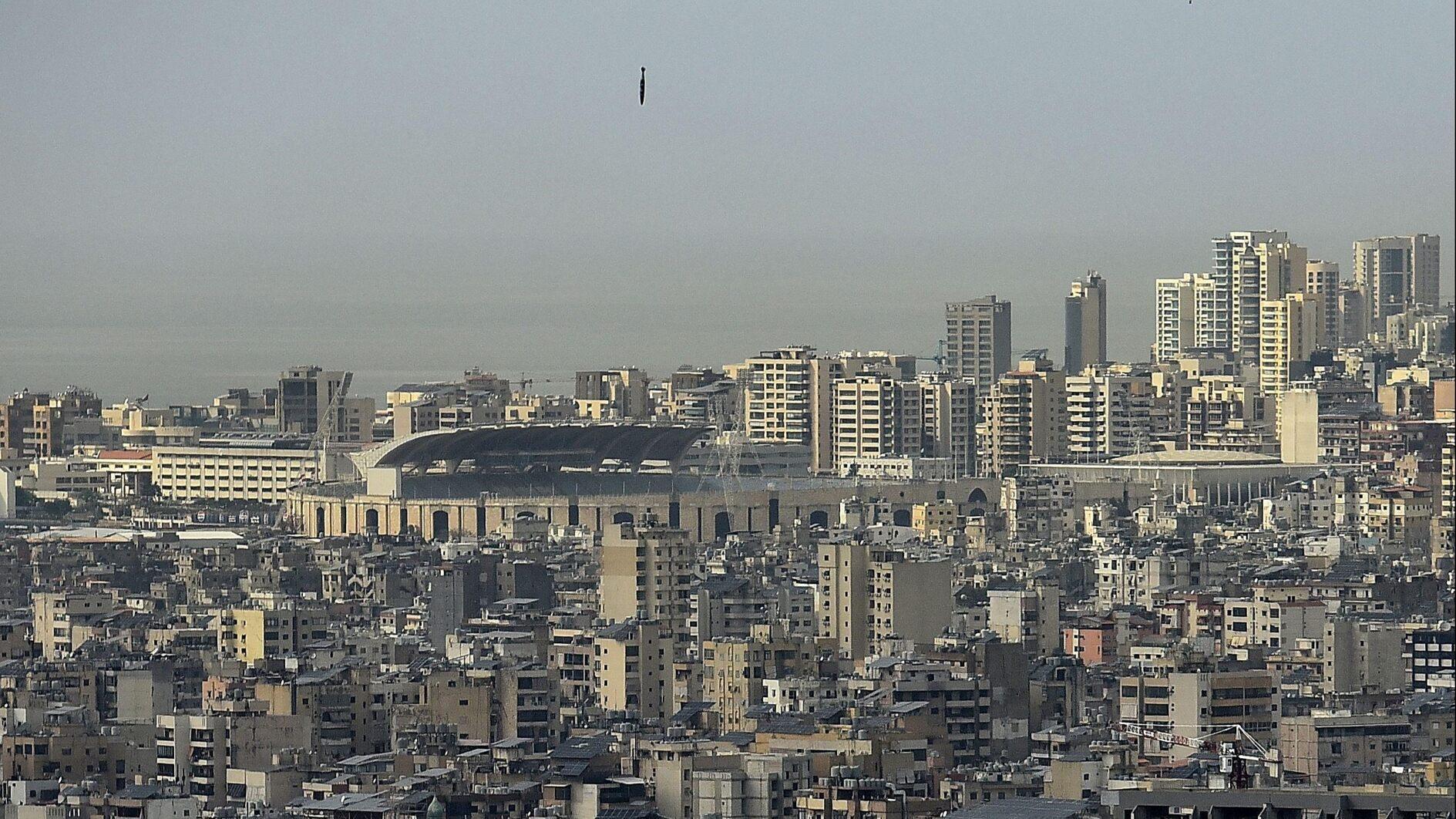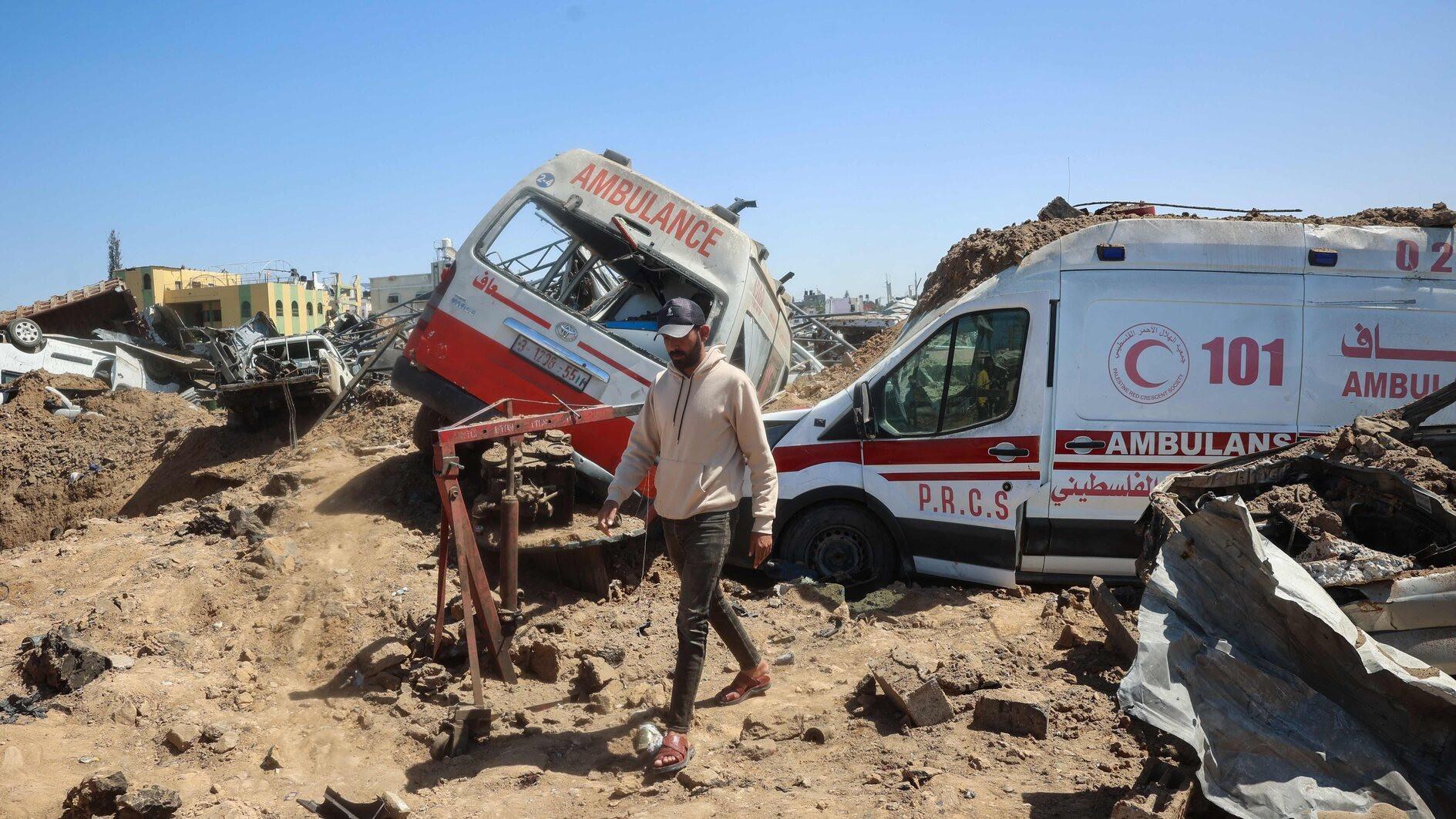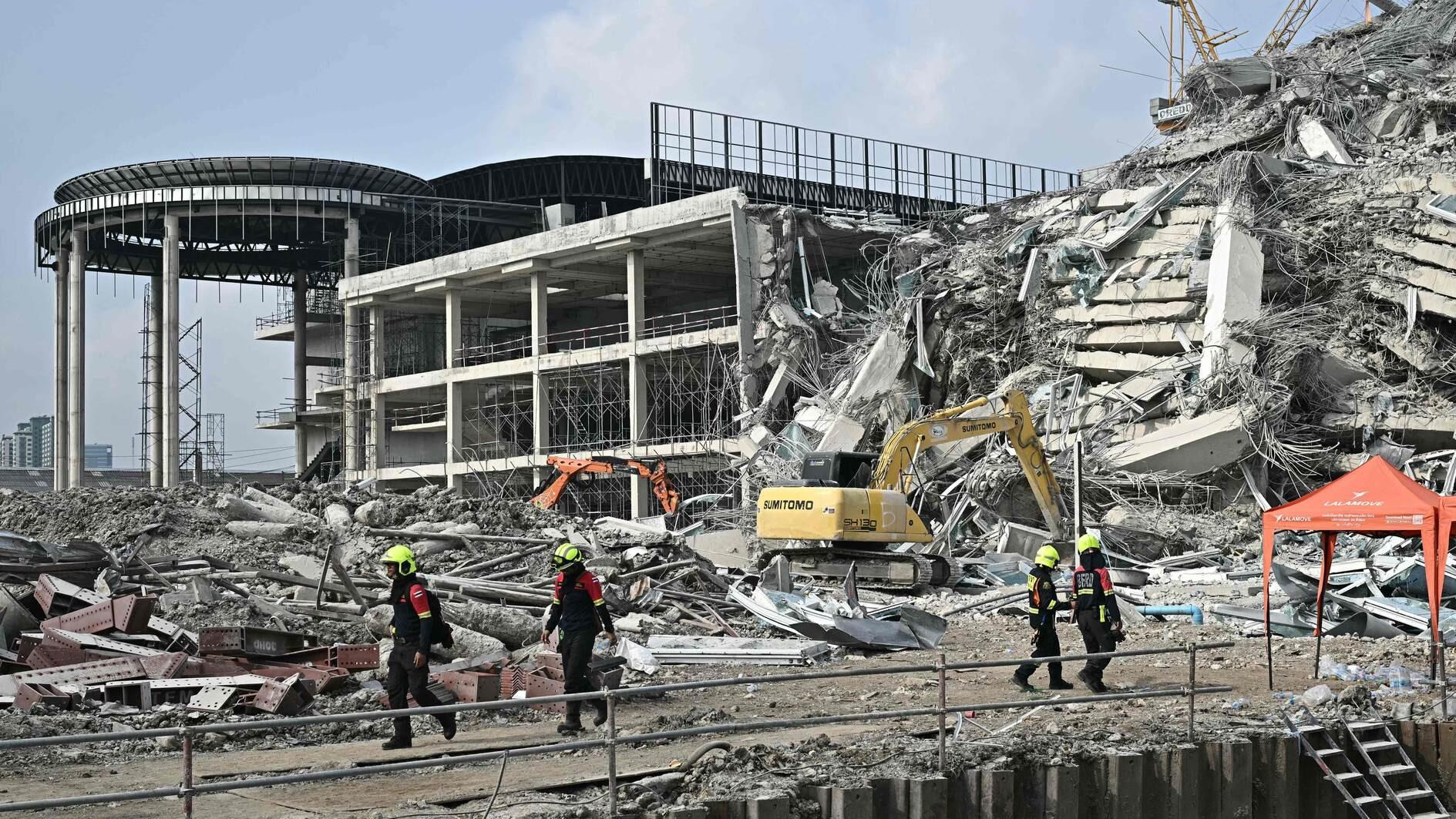Turkey, US to create ‘ISIL-free zone’ inside Syria
Serkan Demirtaş - ANKARA

REUTERS photo
Turkey and the United States have agreed on a military action plan with the objective of clearing the Turkish-Syrian border of jihadist terrorists in what the two countries have called the Islamic State of Iraq and the Levant (ISIL)-free zone.This action plan was part of a comprehensive deal between the two allies which has been seen a “a game changer” in the fight against ISIL by the United States administration, whose warplanes will be able to use this region’s most strategic military base in İncirlik as part of its aerial campaign against jihadist positions.
The ISIL-free zone will be 98 kilometers long and 40 kilometers wide and situated between the Mare-Jarablus line. A good portion of this area is currently under ISIL control, and Turkey already vowed it would not tolerate the jihadists posing a threat to the Turkish border.
The aerial campaign will be largely carried out by U.S. jets deployed to the İncirlik base and Turkish participation will be considered only when necessary, sources stressed. However, this aerial protection will not be classified as an effort to build a no-fly zone over Syrian airspace. Together with aerial strikes, Turkish long-range artillery units will also be used if necessary.
Turkey had already reinforced its military presence along the Turkish border, especially across the Mare-Jarablus line, after ISIL began to advance to northwestern Syria in a bid to threaten the Free Syrian Army (FSA) and to spark a fresh refugee influx towards Turkey.
FSA to control the emptied zone
The plan crafted by Ankara and Washington foresees the deployment of FSA units to this area if ISIL is completely cleared from that particular zone, which would both prevent the Syrian Democratic Union Party (PYD) from further expanding its influence towards the West and create a safe environment for either sheltering Syrians fleeing violence or those who want to return to their homelands.
Turkey is currently hosting at least 1.8 million Syrians in its territories, with around 265,000 of them in refugee camps. There have been concerns ISIL’s drive through the populous Western parts of Syria could spark fresh refugee inflows into Turkey.
















